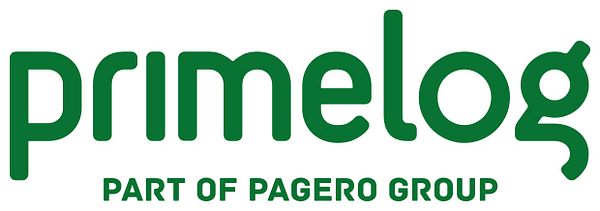Blogginlägg -
Why does investing in a TMS pay off?
It’s actually quite easy to recoup an investment in a full-blown transport management system (TMS), but many companies still consider doing without it. Perhaps the simplicity of the argument has been lost on them, or perhaps few suppliers actually live up to the definition of a TMS, forcing customers to choose less favorable options. This latter situation deserves its own analysis, but in this post I’ll just focus on formulating the arguments clearly: what you win and how it works.
A profitable investment
First and foremost, return on an investment should be counted in money, and a TMS can save you a good deal of your transport costs. We usually say at least 2%, but it is not at all uncommon to reach much higher savings. Whatever the figure turns out to be, it is far more than what a TMS costs, so it is a profitable investment.
Uncover deviations and save time and money
With a TMS you can save on costs by taking control of your transport contracts and invoices. Via the system you can ensure that you are paying exactly what you agreed, even including all the fine print with discounts, surcharges and additional services. You’ll uncover any incorrect invoices directly and will have all the evidence you need to request credit for any incorrectly invoiced amount. As the invoice matching process is automated, it also enables you to save large sums by reducing manual handling.
Streamline the procurement process
When your staff uses a TMS for transport administration, you’ll be able to make sure that all transport orders are always according to your negotiated agreements. With all the ordering history available, you can use the data to simulate different agreements and streamline the entire procurement process for choosing the right transport contracts for any given situation. By testing and tweaking shipping data with prices in a TMS business intelligence module, you can take control of your transport purchasing and make the right decisions.
Plan transportation, consolidate and monitor
In addition to controlling costs after the fact, you can even affect costs by using a TMS to support transportation planning. By consolidating your transport needs in optimal shipping sizes, you can take advantage of the most advantageous option. The TMS will help you to break down costs by order or article, even if you consolidated many orders in the same truck, aircraft or container. Besides the flow of financial transactions, a full-function TMS can monitor the physical flow of goods, since it is connected to your carriers and registers delivery status and confirmations. If you use automatic alert capability and proactive event monitoring, you can prevent customer disappointments and fix problems before they even happen.
Work with real data
Another advantage of a TMS is that you can get what I like to call "Compliance in a box". A TMS ensures that you can communicate electronically with your carriers and produce the documentation they require. Another aspect of compliance is that the system can produce detailed emission reports based on real data, not just templates. The TMS knows which type of transport you used, how many kilometers the shipment traveled and the capacity usage you had on each leg.
Control, efficiency and compliance
To summarize, with a TMS you can reduce both external transport costs and internal handling costs through:
- Control – better invoice control and consolidated information on coverage, costs and contracts as well as advanced analysis and simulation capability.
- Efficiency – increased automation of bookings, follow-up and invoice control and consolidation/optimization of transportation choices.
- Compliance – integrated knowledge of carriers' requirements as well as ready-made reports for detailed emissions reporting
A TMS gives you greater visibility and control, reduced costs, and ultimately an even higher level of customer service, as the transport processes are well-defined, automated and monitored.
If you want to read more on this topic, I suggest the following resources:
The right solution for cost control
Optimization checklist for Logistics Manager
Magnus Molin
R & D Director
magnus.molin@primelog.com
Relaterade länkar
Ämnen
- Datorer, datateknik, programvaror
